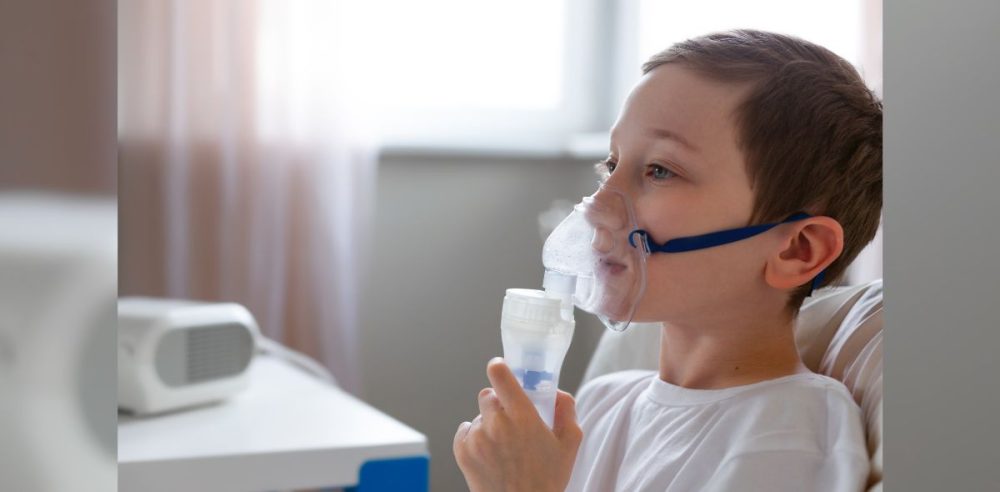Hospitals in the Dallas-Fort Worth region are experiencing a significant rise in walking pneumonia cases among children and teenagers this fall.
This mild but persistent respiratory illness, caused by the bacteria Mycoplasma pneumoniae, has reached its highest prevalence since before the COVID-19 pandemic, according to Cook Children’s Medical Center. The increase comes alongside a seasonal spike in other respiratory illnesses like RSV, further straining local healthcare systems, reported AXIOS.
Walking pneumonia is known for its milder symptoms compared to community-acquired pneumonia.
While symptoms like coughing, congestion, and mild difficulty breathing are common, they can persist for weeks, often leaving individuals unaware they have the illness. According to the CDC, over two million Americans contract M. pneumoniae annually. This year, however, the uptick in cases has been unusually severe in children, pushing emergency departments to their limits.
Cook Children’s hospitals in Fort Worth and Prosper have been especially impacted, with medical staff grappling to meet the increased demand. Dr. Taylor Louden, director of pediatric emergency medicine at Cook Children’s, called this surge the worst he has seen in his 12 years of practice.
The crisis is further compounded by a nationwide shortage of liquid medications typically used to treat respiratory illnesses in children, making it difficult for parents to access timely treatments.
Dr. Louden advises parents to manage mild cases at home when possible, utilizing simple remedies to alleviate symptoms. He recommends using humidifiers, giving honey to children over the age of one, ensuring hydration, and isolating sick children to prevent the illness from spreading. He also notes that walking pneumonia can last up to two weeks, often resolving without serious intervention if appropriately managed.
However, parents should remain vigilant for severe symptoms that may require emergency care.
Difficulty breathing, bluish skin tones, or spiking fevers are signs that immediate medical attention is necessary. For less severe symptoms, Dr. Louden encourages visits to pediatricians rather than emergency rooms, emphasizing the need to prioritize resources for critically ill patients. “If we have a whole bunch of not really sick patients, that makes it hard to take care of the kids that really need us,” he explained.
This resurgence of walking pneumonia highlights the evolving challenges of respiratory illnesses in a post-pandemic landscape.
With RSV and other seasonal illnesses also on the rise, the healthcare system faces significant strain. Preventive measures such as maintaining good hygiene, monitoring symptoms closely, and seeking appropriate levels of care can help mitigate the impact on families and hospitals alike.
As the Dallas-Fort Worth area continues to navigate this respiratory illness surge, parents and healthcare providers are urged to collaborate in managing cases effectively. By focusing on prevention and proper care, the community can help alleviate the pressures on an already taxed healthcare system.


